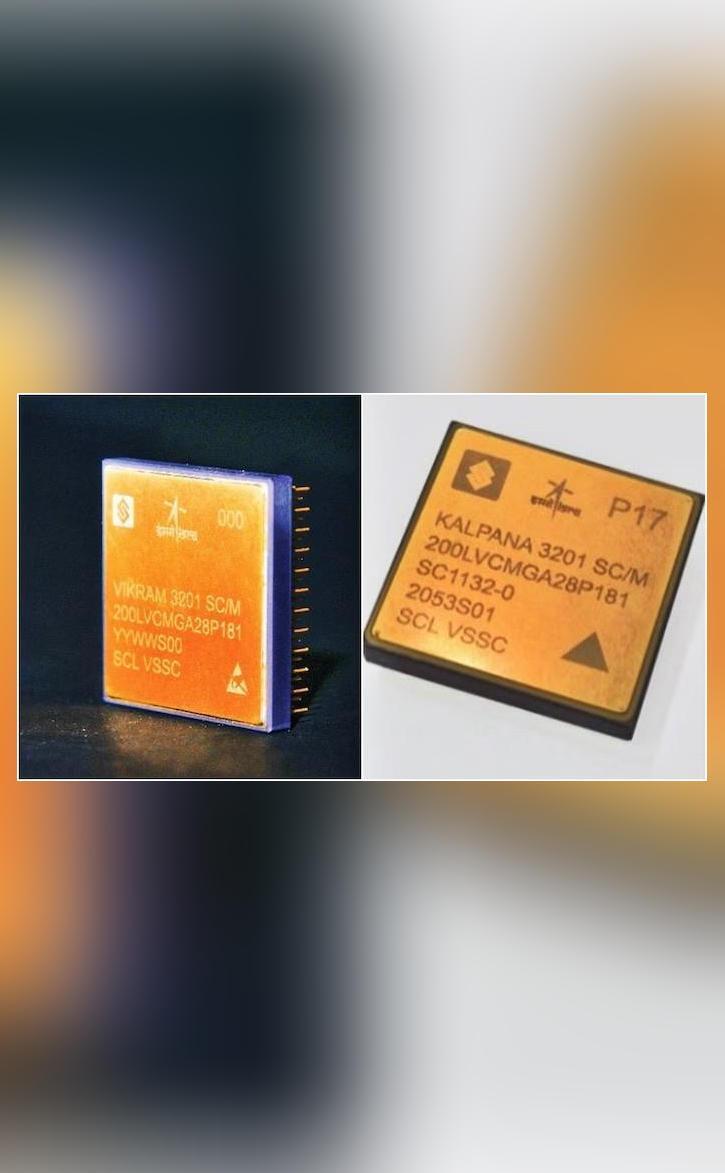
ISRO & SCL Develop 32-bit Microprocessors for Space Applications
In a significant achievement, the Indian Space Research Organisation (ISRO) and the Semiconductor Laboratory (SCL) in Chandigarh have jointly developed two 32-bit microprocessors, VIKRAM3201 and KALPANA3201, for space applications. These microprocessors have been designed to withstand the harsh environmental conditions of launch vehicles and are ready for use in various space missions.
The development of these microprocessors is a major milestone in the field of space technology, as it marks the first time that a fully “Make-in-India” 32-bit microprocessor has been qualified for use in space applications. The achievement is a testament to the capabilities of Indian researchers and engineers, who have worked tirelessly to design and develop these cutting-edge microprocessors.
VIKRAM3201 is the first fully “Make-in-India” 32-bit microprocessor that has been qualified for use in the harsh environmental conditions of launch vehicles. The microprocessor has been designed to operate in temperatures ranging from -20°C to 100°C, making it suitable for use in a variety of space-related applications. The processor is also radiation-hardened, which means it can withstand the high levels of radiation that are present in space.
KALPANA3201, on the other hand, is a 32-bit microprocessor that has been designed specifically for use in space-based instruments and payloads. The microprocessor has been optimized for low power consumption, making it suitable for use in applications where power consumption is a critical factor. The processor also has a high level of precision, making it suitable for use in applications that require high accuracy.
The development of these microprocessors is a significant achievement for ISRO and SCL, as it marks a major milestone in the development of space technology in India. The microprocessors will be used in various space missions, including the development of launch vehicles, satellites, and space-based instruments.
The development of VIKRAM3201 and KALPANA3201 has also highlighted the capabilities of Indian researchers and engineers, who have worked tirelessly to design and develop these cutting-edge microprocessors. The achievement is a testament to the capabilities of Indian scientists and engineers, who have played a key role in the development of space technology in the country.
The development of these microprocessors is also significant for the Indian industry, as it marks a major milestone in the development of indigenous technology. The microprocessors will be used in various applications, including the development of launch vehicles, satellites, and space-based instruments. The development of these microprocessors will also create new opportunities for the Indian industry, as it will enable the development of new products and services.
In conclusion, the development of VIKRAM3201 and KALPANA3201 by ISRO and SCL is a significant achievement for the Indian space program. The microprocessors have been designed to withstand the harsh environmental conditions of launch vehicles and are ready for use in various space missions. The development of these microprocessors is a testament to the capabilities of Indian researchers and engineers, who have worked tirelessly to design and develop these cutting-edge microprocessors.
Source:






